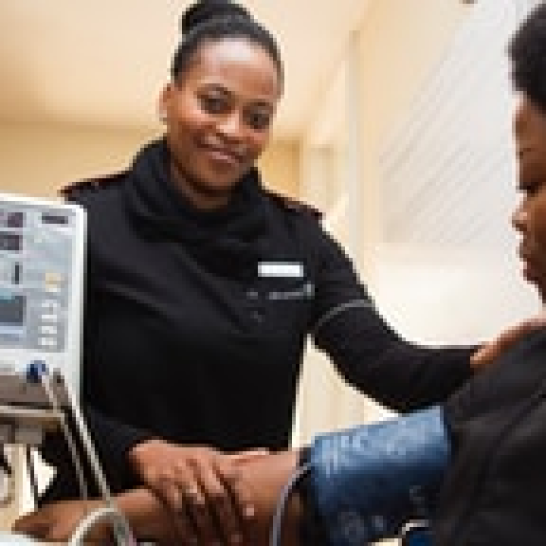KWMC invites all women who have recently turned 25 to commence their cervical screening program. If this is you, one of our nurses will contact you to make an appointment if you haven’t been tested recently.
Testing is now only required every 5 years, though if you’ve only had the previous Pap smear, then your first cervical screening tests should be after 2 years before starting a 5-year screening program.
Over the last 30 years, there has been significant advancement in the knowledge about how cervical cancer behaves, and we know that the Human Papilloma Virus (HPV) is essential to its development. Since the introduction of the Gardasil vaccination the rates of HPV have reduced significantly.
Importantly, we have also learnt that when exposed to HPV, most people will clear the infection naturally. Even if the HPV causes cell changes, there is a chance that over time these changes will revert to normal.
The Cervical Screening Test (CST) looks for changes to testing specifically for HPV. If HPV is detected, further analysis of the sample will occur that will determine if any treatment is required.
Important points to know:
- Screening starts from age 25
- Screening will be recommended until age 74 (rather than the previous 69)
- You will only need examination and testing every 5 years
- Even if you had the Gardasil (HPV) vaccination, you still need screening
- If you have had a recent abnormal pap smear, continue with your repeat screening plan as advised by your GP or gynaecologist (this will incorporate the new HPV testing)
- You will receive your reminder letter to have your screening at the time you are due for your routine test. At this point, you will start on the new program.
- Any unusual vaginal bleeding, pain or discharge should be assessed by your GP regardless of when your last screening was.
Whilst we will be seeing you less for the examination you’ve loved for so long, we still need to see you for other important preventative measures in the meantime. In the long 5 years between screening, please talk to your GP about contraception, breast screening, sexual issues and general health matters.
To make an appointment for a Cervical Screening Test, please use the Book an Appointment button.
The links below contain further information and FAQs on the Cervical Screening Test.
Cancer Council – I Am Under 25
Cancer Council – Understanding Your CST Results
Health Department – What Happens During Your CST
This post is an edited version of a previously published post.
